Germany Criticizes US Concessions to Russia Over Ukraine
France Also Condemns Trump’s Approach, Which Involves Kyiv Surrendering Territory and NATO Membership
Germany’s defense minister has criticized the United States for making premature concessions to Russia in ongoing discussions about ending the war in Ukraine. Boris Pistorius expressed concern over Washington's decision to rule out NATO membership for Ukraine and to accept potential territorial losses before formal negotiations had even begun.
Speaking at a NATO defense ministers’ meeting in Brussels, Pistorius voiced European frustration following Donald Trump’s announcement that he was prepared to negotiate with Russian President Vladimir Putin.
“In my view, it would have been better to discuss Ukraine’s potential NATO membership and territorial concerns directly at the negotiation table rather than conceding them in advance,” Pistorius stated.
His sentiments were echoed by French Defense Minister Sébastien Lecornu, who warned against achieving "peace through weakness" rather than the "peace through strength" approach that Trump has publicly supported.

On Wednesday, Trump disclosed that he had spoken with Putin for over an hour and that both nations were set to begin negotiations aimed at ending the war in Ukraine. US Defense Secretary Pete Hegseth further stated that it was "unrealistic" for Ukraine to regain its pre-2014 borders and confirmed that the country would not be permitted to join NATO. These unilateral declarations sparked dismay across Europe. In response, major European nations—including the UK, France, Germany, Italy, Poland, and Spain—declared their commitment to strengthening support for Ukraine, reaffirming their stance on the country’s “independence, sovereignty, and territorial integrity.”
“We must ensure Ukraine is in a position of strength,” the Weimar+ group of countries stated. “Ukraine and Europe must be involved in any negotiations. Furthermore, Ukraine should receive robust security guarantees.”
When asked on Thursday whether the US was betraying Ukraine, Hegseth rejected the claim. “That is your language, not mine. This is not a betrayal,” he insisted. “Rather, it reflects a global commitment to achieving peace through negotiations.”
He went on to praise Trump, calling him “the best negotiator on the planet.”
In Moscow, the Kremlin welcomed the stance taken by Trump and Hegseth. Kremlin spokesperson Dmitry Peskov remarked that there appeared to be a newfound “political will” on both sides to reach a settlement.
“The previous US administration seemed determined to keep the war going,” Peskov stated. “The current administration, however, appears committed to stopping the war and achieving peace. This perspective resonates with us, and we are open to dialogue.”
German Chancellor Olaf Scholz took a more cautious approach, emphasizing the importance of preventing a dictated peace. “The key challenge now is ensuring that any resolution is not imposed unilaterally,” he said in an interview, stressing that the US must be involved in efforts to end the nearly three-year-long war.
UK Defense Secretary John Healey underscored Ukraine’s role in the peace process, asserting that the country must be "at the heart of any talks" regarding a ceasefire. “There can be no negotiation about Ukraine without Ukraine,” he stated, adding that NATO defense ministers must work to ensure Ukraine is in the best position to secure a lasting peace through strength.
After his call with Putin, Trump also spoke with Ukrainian President Volodymyr Zelenskyy. Following their conversation, Zelenskyy remarked, “Donald Trump informed me of what Putin had told him. We believe America’s strength is sufficient to pressure Russia and Putin into peace.”
On Thursday, Ukraine’s Foreign Minister Andrii Sybiha reaffirmed that NATO membership remains a strategic goal for Kyiv, arguing that it is the most cost-effective way for the alliance to safeguard its own security. However, NATO operates by consensus, meaning that a single member country can block a new entrant. Given Hegseth’s remarks, the US stance effectively serves as a veto against Ukraine’s accession.
Currently, Russia occupies approximately one-sixth of Ukraine’s territory, including Crimea—annexed in 2014—as well as large areas in the east and south, which were seized following the full-scale invasion in 2022.
Although Ukrainian leadership has hinted at potential territorial compromises, Kyiv and its allies had, until Hegseth’s statement, remained officially committed to reclaiming Ukraine’s internationally recognized borders from before 2014.
Meanwhile, Ukraine’s air force reported an overnight assault by 140 Russian Shahed and decoy drones launched from five different directions. Ukrainian forces successfully intercepted 85 of them, while 52 decoy drones disappeared from radar without causing any damage.




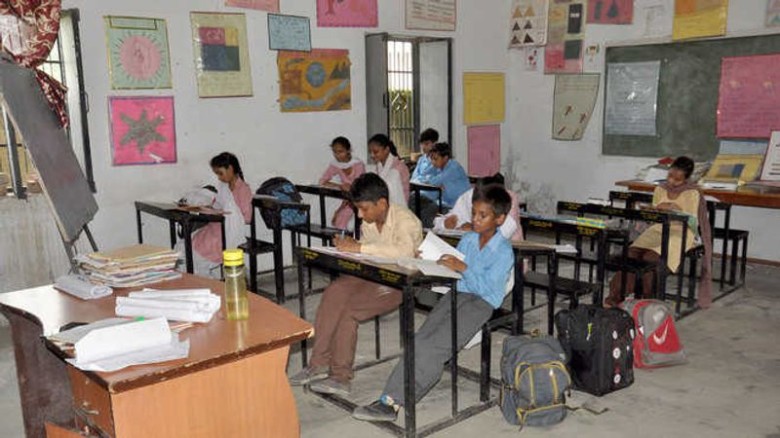



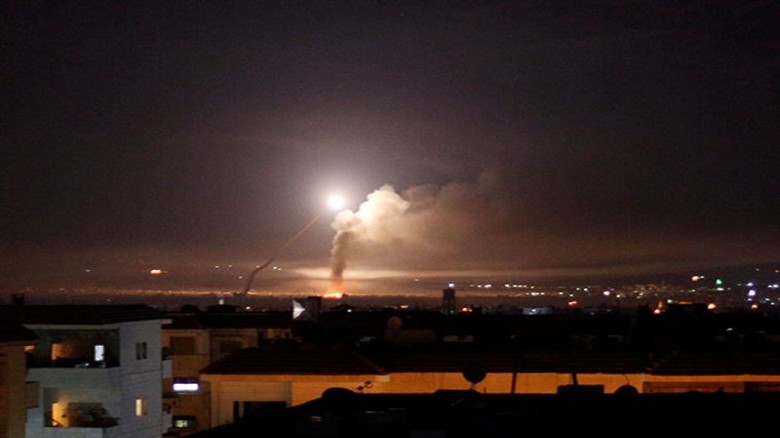






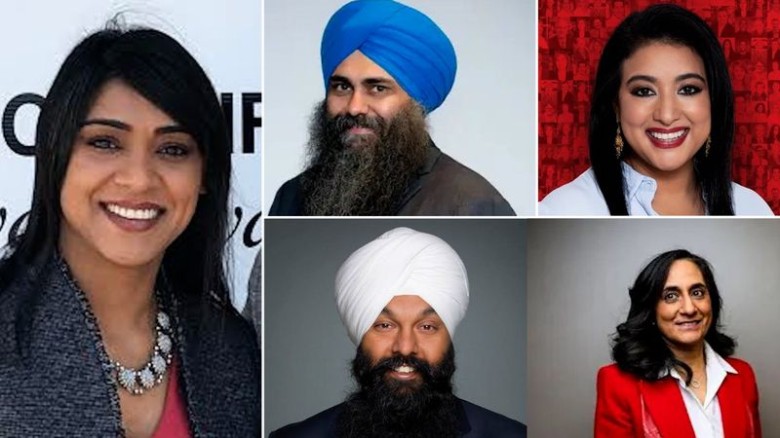


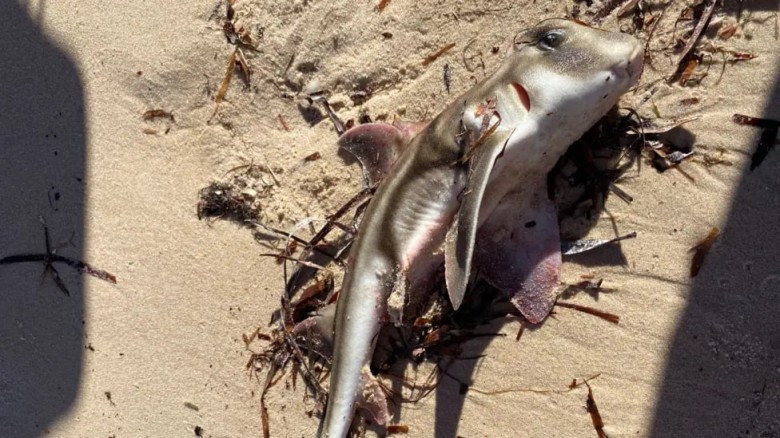

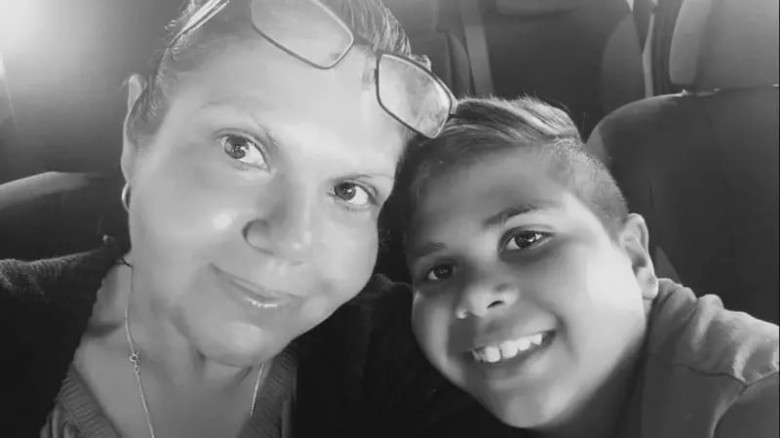
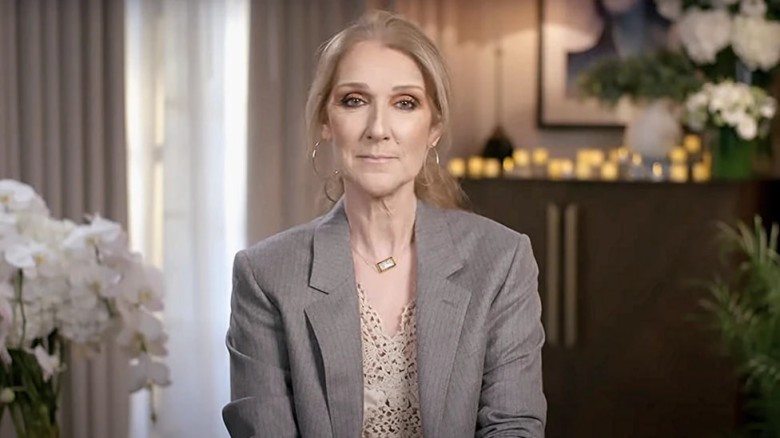



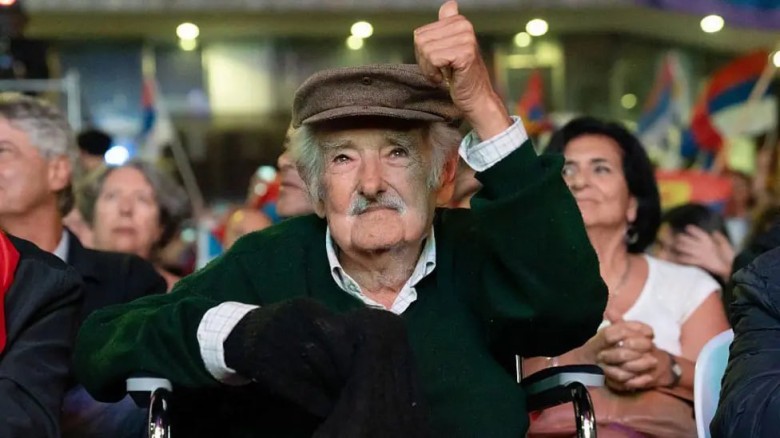
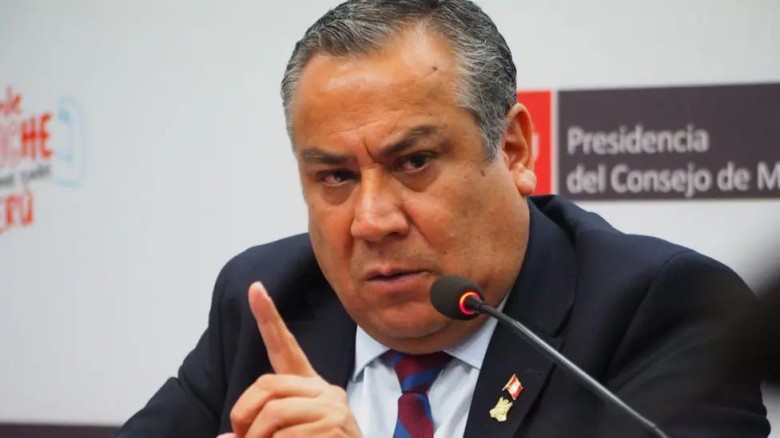

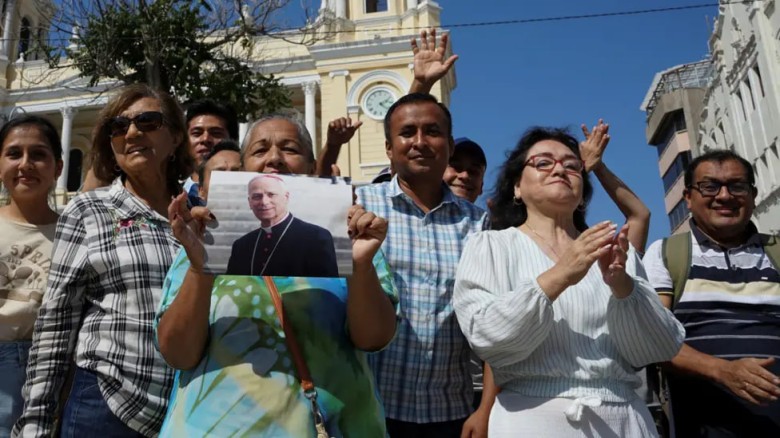










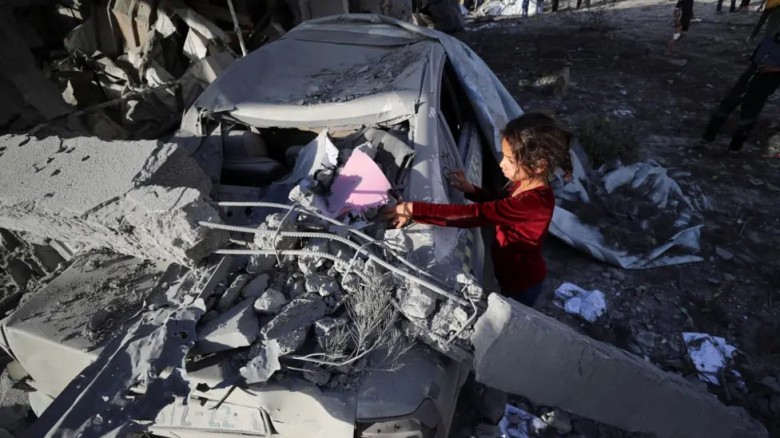
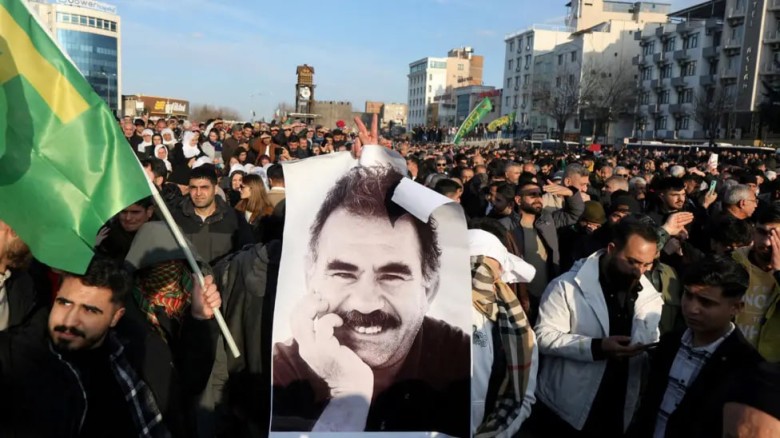








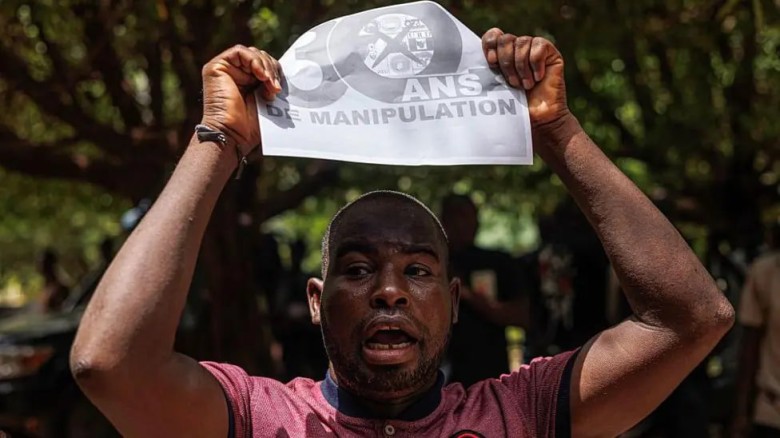


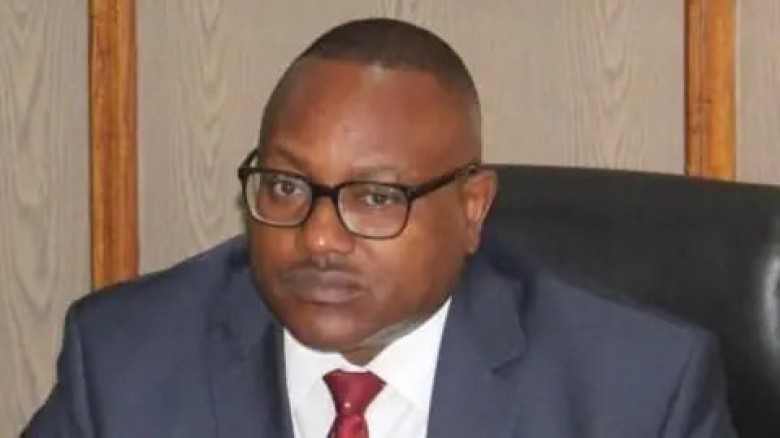

















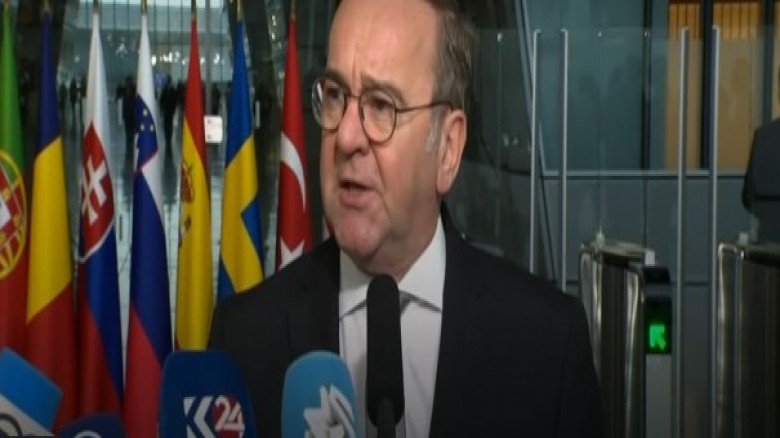


Leave A Comment